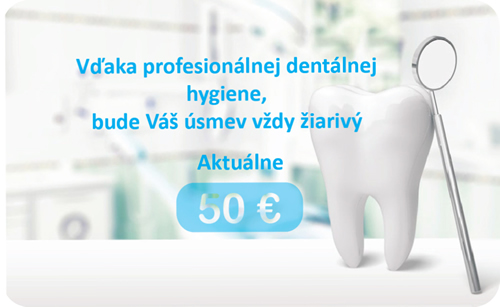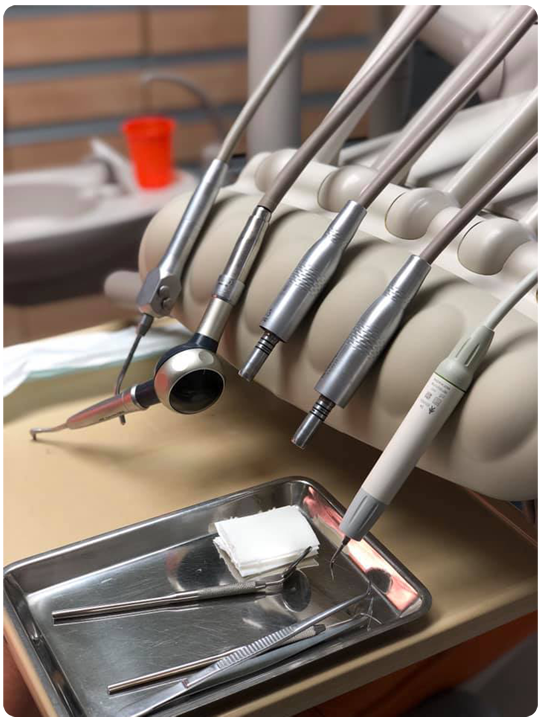
The best prevention of tooth decay is regular professional brushing of teeth, and this is precisely dental hygiene.
Dental hygiene is an effective therapeutic - a preventive method that helps protect teeth from:
- tooth decay
- prevents the development of inflammatory diseases in the oral cavity
- loss of teeth
How often should dental hygiene be undergo?
Visits are individual depending on the patient, dental condition and dental hygiene.
- it is usually 2 times a year, this also applies to children under 18 years of age
- in patients suffering from increased dental stone formation and periodontitis, it is recommended 2-4 times a year
- pregnant women are recommended at least twice during pregnancy.
Dental hygiene is not painful in itself, but each person has a different pain threshold, for someone it can be more unpleasant for someone at all.
The condition of the patient's teeth and gums plays a big role, e.g. if the patient has exposed dental cervix sensitivity in hygiene will of course be higher.

It is not necessary to specially prepare, however, it should be a matter of course that the patient brushes his teeth before visiting.
Dental hygiene procedure:
- assessment of bleeding of the gums
- dental cleaning drills and instruction and individual recommendation of dental devices
- removal of tartar by sonication and, if necessary, by hand with brushes
- polishing – polishing with prophylactic paste and brush
- sandblasting teeth using an airflow method that removes hairs, pigments and replaces the original color of the enamel
- fluoridation of teeth










